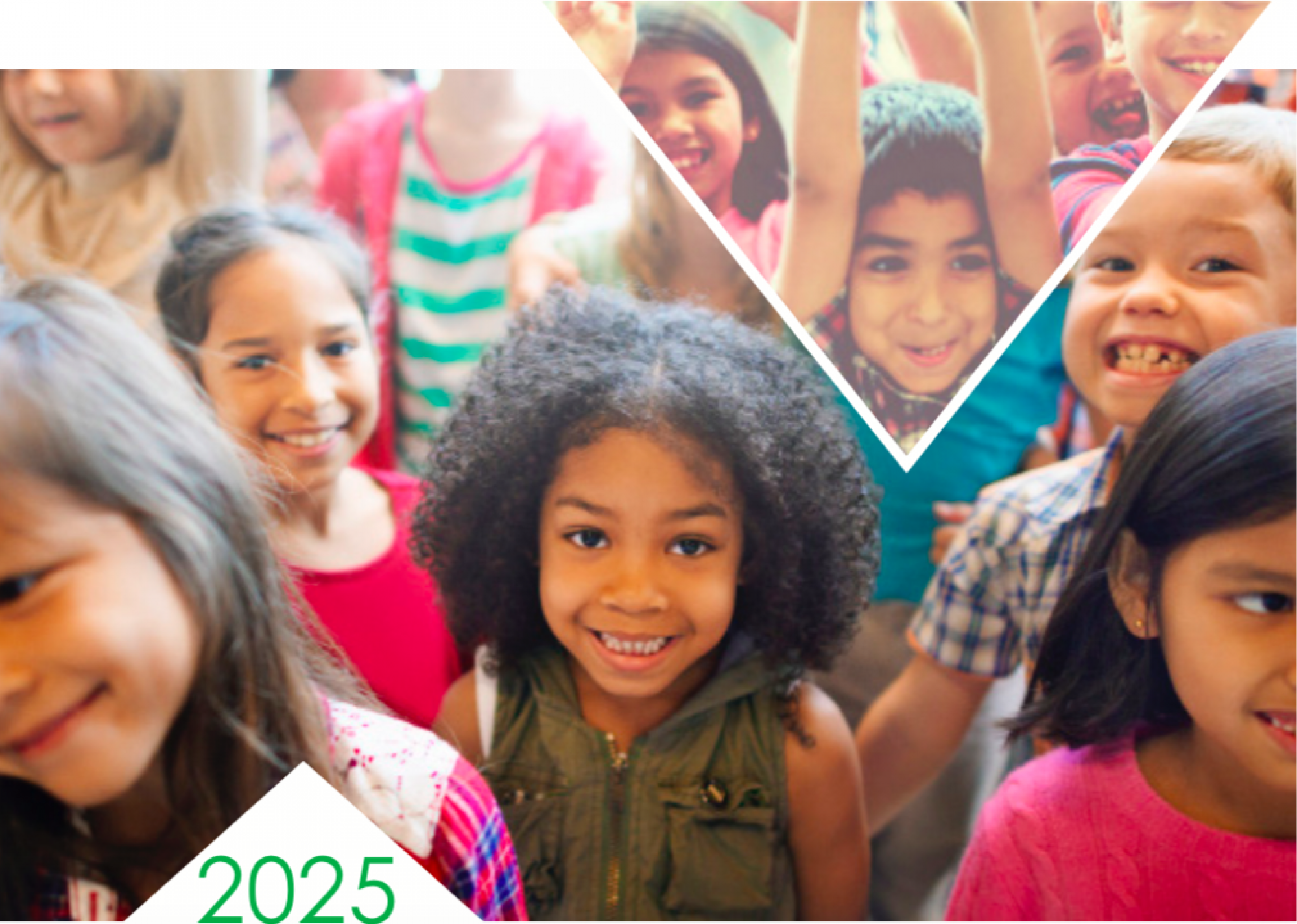Mental health includes emotional, psychological, and social well-being. It affects how we think, feel, and act. It also helps to determine how we handle stress, relate to others, and make decisions. Biological factors, life experiences, and environments all contribute to mental health challenges.
Population:
- 1 in 6 U.S. youth aged 6-17 experience mental illness each year (National Association on Mental Illness [NAMI], 2021)
- 50% of individuals with mental illness started experiencing symptoms by age 14 (NAMI, 2021)
- 90% of those who died by suicide had an underlying mental illness (NAMI, 2021).
National Trends:
Youth overall are resilient and healthy. There are however, youth experiencing mental health challenges. Depression and anxiety are prevalent across the nation and suicide has become an epidemic. The COVID-19 pandemic can also impact youth’s mental, social, and emotional health by impacting their routines, social networks, education and learning opportunities, access to health care, missed life events, and loss of security and safety (CDC, 2021).
Youth experience risk and protective factors that either increase or decrease the likelihood of developing a mental health problem.
Risk factors may include:
- Lack of behavioral self-control/regulation (individual level)
- Adverse childhood experiences, like child abuse/maltreatment (family level)
- Peer rejection (community level)
Protective factors include:
- Mastery of project and life skills (individual level)
- Consistent discipline (family level)
- Positive youth-adult relationship (community level)
Caring adults, such as youth development professionals and programs are protective factors for youth.
Not all youth can avoid developing a mental health disorder. Some will have short-term experiences and some will live long-term with mental health problems. Youth development professionals can learn how to be there for these youth by increasing their knowledge of mental health challenges.
Data and Information obtained from:
NAMI: https://www.nami.org/Learn-More/Mental-Health-By-the-Numbers
CDC: https://www.cdc.gov/mentalhealth/stress-coping/parental-resources/index.html
Click Here to View Mental Health and Wellbeing Champion Group Logic Model
Resources
Building Youth Resilience through Trauma Informed Programming
Childhood Trauma and the Effects on a Child’s Brain and Body
Understanding Stress and Trauma in Youth
Suggested Programs & Curricula
Youth Mental Health Education for Extension Series
9/14: Educating Youth and Adult Leaders: YMHFA and tMHFA Recommendations
9/21: Building Youth Skills: Dynamic Mindfulness and Sources of Strength Recommendations
Chair
Anne Laccopucci
amiaccopucci@ucdavis.edu

